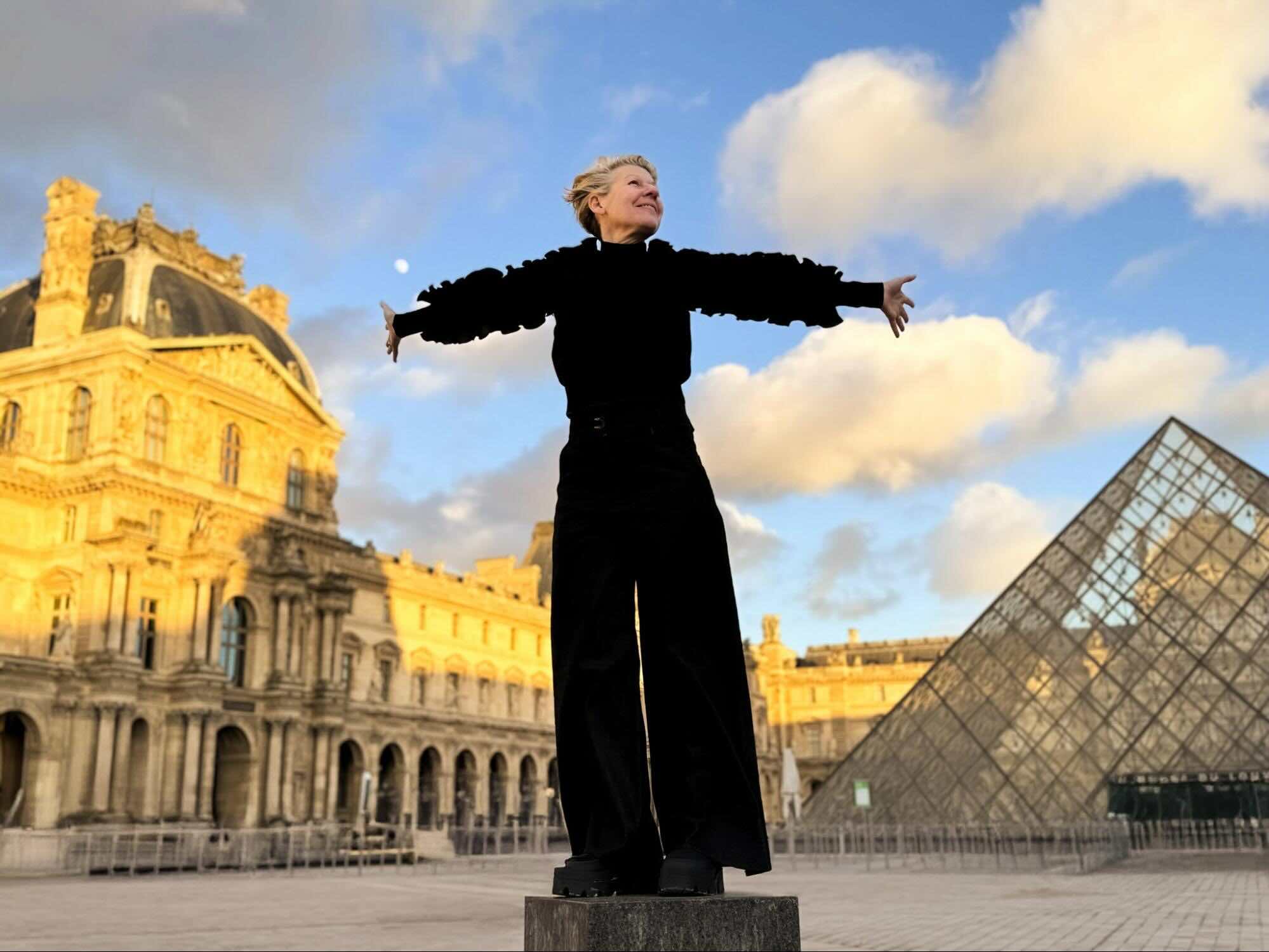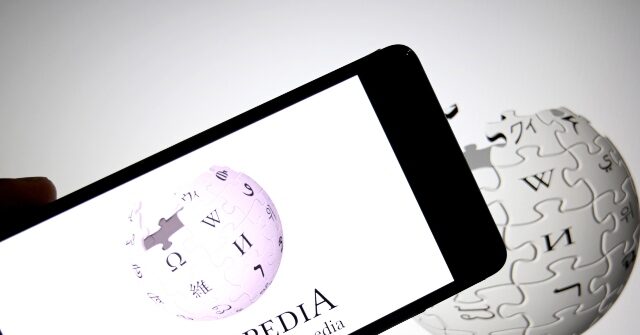Copyright laweekly

Alejandra Leibovich calls it creative rebirth, not decline. When Alejandra “Aleloop” Leibovich talks about midlife, she doesn’t sound like someone in crisis. She sounds like someone who’s claimed center stage, brimming with main character energy in her life and work, and creating on her own terms. “I think I’m over my midlife crisis,” she laughs, “but I had to go through it to get here.” Leibovich means every word. What’s often labeled a crisis has, for her, become a season of creative clarity and personal truth. After decades producing thousands of animated commercials for MTV, VH1, Nickelodeon, and Cartoon Network, she hit 50 and realized she was done building other people’s empires. “It’s very easy to build for others,” she says. “When you have to build your own empire, it’s a completely different story.” That story has now become the blueprint for her second act: as author, illustrator, and founder of a creative identity entirely her own. Rebirth After Reinvention Leibovich describes her transition as “meeting her demons.” For years, she thrived under network logos and corporate mandates winning international awards for her design, animation work, and campaign direction. But when she stepped away to create her own stories, the silence was deafening. “You meet every fear you’ve avoided,” she says, “every excuse, every doubt. Suddenly it’s just you, and that’s terrifying and liberating.” Her breakthrough came when she picked up a pen and began drawing simple, oddball characters. Those quirky creatures would later become the stars of her bright, whimsical paintings exhibited at Art Basel, Red Dot Miami, and other major art expos. She calls them “Eternal Misfits” strange, endearing, and totally unfiltered. Within the Aleloop universe, these characters have evolved across mediums, from canvas to audio, like her, they’re not here to fit in. They’re here to tell the truth with humor, heart, and a splash of colourful rebellion. Their stories first came alive as spontaneous bedtime tales for her son, a nightly ritual that evolved into Bedtime Stories Interrupted, a podcast blending improvisation, laughter, and the chaos of imagination. Her upcoming projects, including the graphic memoir Let Me Think About It and a follow-up titled Thank You Chauvinism, are acts of reclaiming that inner voice. Let Me Think About It explores procrastination and creative resistance through a character who personifies the voice inside her head, a relentless, logical trickster who knows how to delay the dream. It’s funny, sharp, and painfully accurate, especially for creatives battling self-doubt. Thank You Chauvinism reaches further back, to her youth in Argentina during the tail end of a military dictatorship, exploring the cultural forces that shaped her resilience. The title comes from a real encounter in her early life, when a television executive offered her brother a job in production and suggested she could try makeup. “That moment changed me,” she recalls. “It was when I realized I had to leave Argentina. That I would never be allowed to grow there the way I needed to.” The Weight of Authority Leibovich’s work is laced with playfulness, but it’s born from serious reflection. Her memories of growing up under dictatorship shaped a visceral understanding of power and its invisible grip. “You could feel fear in people’s shoulders, the body language of sadness and fear” she remembers. “You learn very early that your voice has consequences.” The inheritance of fear, of being silenced, judged, or diminished, didn’t vanish when she left. It followed her through every career transition, resurfacing each time she challenged authority, whether in corporate boardrooms or gated Miami neighborhoods where even art became suspect. After showcasing her work at Art Basel, where she wrapped ten Mini Coopers in her famous illustrated designs and transformed the streets of Miami into a moving gallery, she faced a complaint from a neighbour when she parked one of the cars in her own driveway. “I own my company, I have employees and still, I’m scared of this,” she says. Those moments, she says, helped her understand the invisible power structures that shape behavior, “You think you’ve escaped control, but it lives inside you,” she reflects. “The midlife crisis isn’t about getting old it’s about realizing how much of your life has been built around obedience.” The Art of Not Taking Herself Too Seriously Spend five minutes with Alejandra Leibovich, and you quickly learn that seriousness isn’t her default mode. Even in conversation about identity, fear, or mortality, she’s mischievous. “I take everything seriously,” she once said, “especially the ridiculous.” It’s not a contradiction, it’s her philosophy. That humor isn’t self-deprecating; it’s disarming. She uses laughter the way other artists use color, to disrupt tension, to open space. In a recent interview, she describes her creative energy as “restless and inconvenient,” the kind that arrives in flashes and refuses to wait for schedules. She calls it both a gift and a curse. “Ideas show up at the wrong time,” she says, “but they always show up dressed for the party.” This blend of intellect and irreverence defines her work. Her drawings and stories often balance chaos and control, blending irony with emotion. She jokes that her brain is “a crowded studio where everyone talks at once,” and that her job as an artist is “to make the noise rhyme.” Leibovich’s humor isn’t decoration, it’s rebellion. It pushes back against the stiffness of traditional art worlds and the self-seriousness that often comes with reinvention. When she says she’s “done waiting for permission,” it sounds less like a declaration and more like a punchline delivered by someone who’s been in on the joke the whole time. Midlife Crisis as Masterclass For Leibovich, the so-called “crisis” of midlife wasn’t about aging, it was about awakening, “at 50, everything clicked. I knew what I wanted to say, and how I wanted to say it.” She calls it creative ownership: the ability to tell your story without permission, apology, or disguise. No more building for others. No more editing herself out of the frame. That meant experimenting wildly. She signed up for a civilian space travel program. Released a music album. Started a podcast. Some projects stuck. Some didn’t. She jokes, “I had to get all those things out of my system. Now I can finally focus on the real work.” And what is that real work? “Meaning,” she says. “Not just output. Not just noise. Meaning.” Owning the Narrative Leibovich’s story resonates because it’s not about escape, it’s about ownership. She doesn’t romanticize struggle, nor does she glamorize reinvention. Instead, she treats it like an artist treats a blank page: with respect, fear, and a hint of humor. That candor is what makes her vision of midlife so radical. Where society frames this stage as decline, she reframes it as revelation. “When you strip away the noise, you start hearing your own frequency,” she says. “It’s not a crisis, it’s the first honest conversation you have with yourself.” A New Kind of Midlife Manifesto Leibovich’s philosophy challenges not just psychology but culture itself. In her view, midlife isn’t an ending; It’s when the survival patterns of youth collide with the truth of maturity and from that friction, something extraordinary can emerge. “Midlife is when art gets better,” she says. “It’s when you stop pretending.” Her work invites other artists, executives, and parents to see the so-called crisis not as collapse, but as creation. Beneath the chaos is clarity. Beneath the fear is authorship. For Alejandra Leibovich, midlife isn’t about becoming someone new. It’s about becoming entirely yourself.



